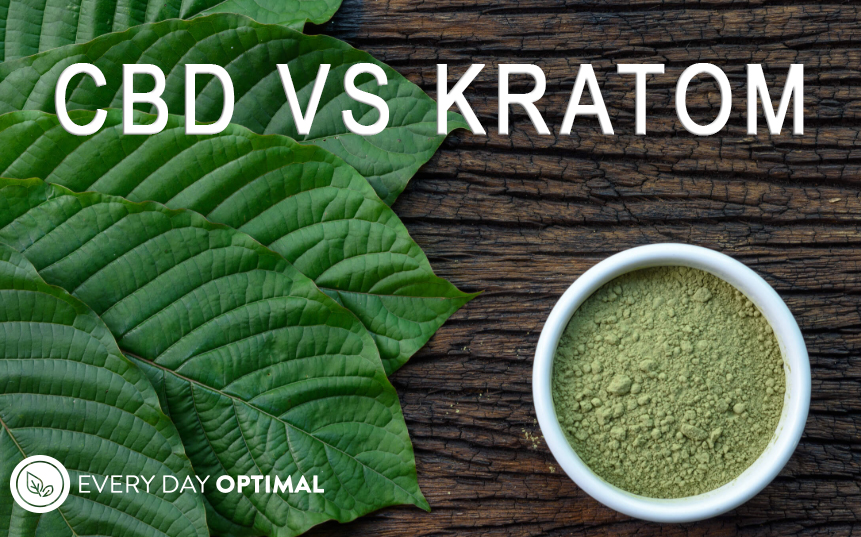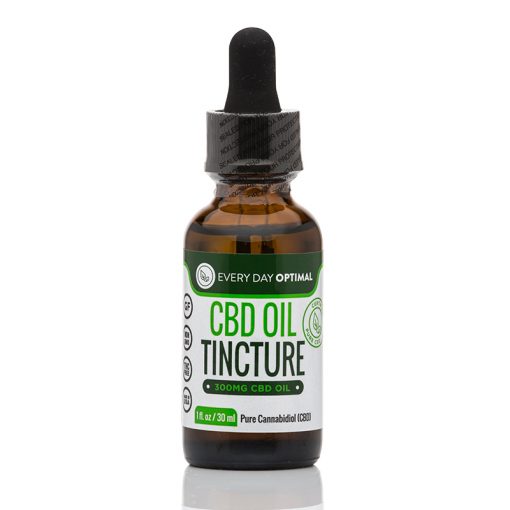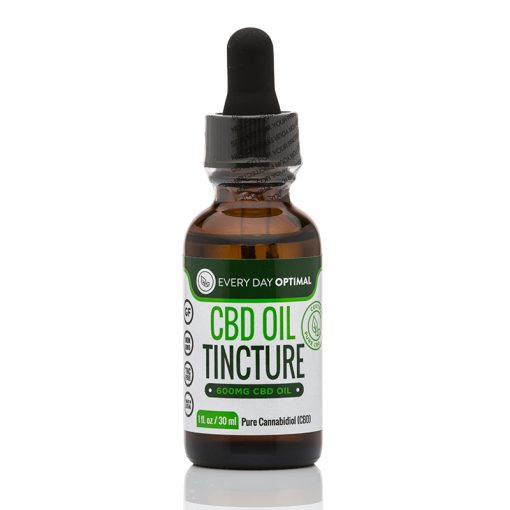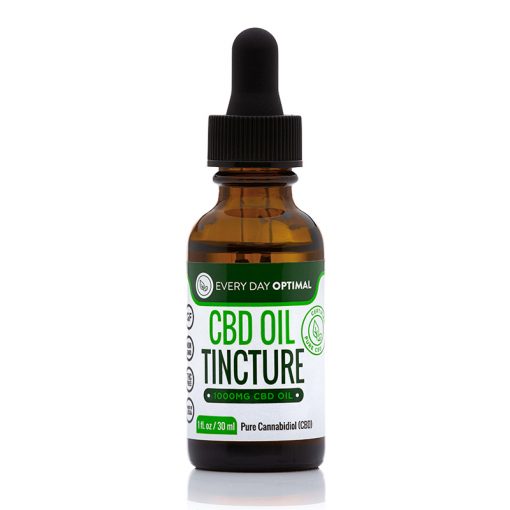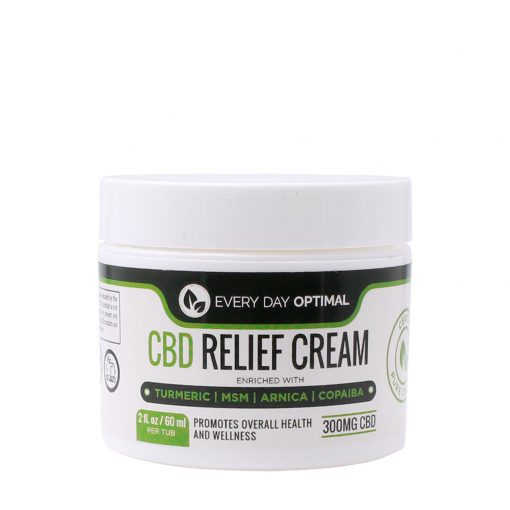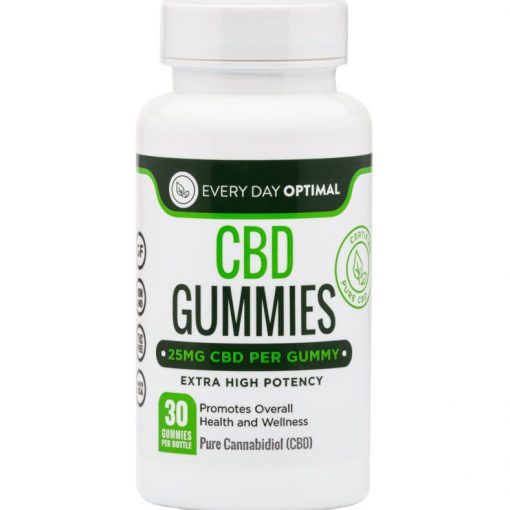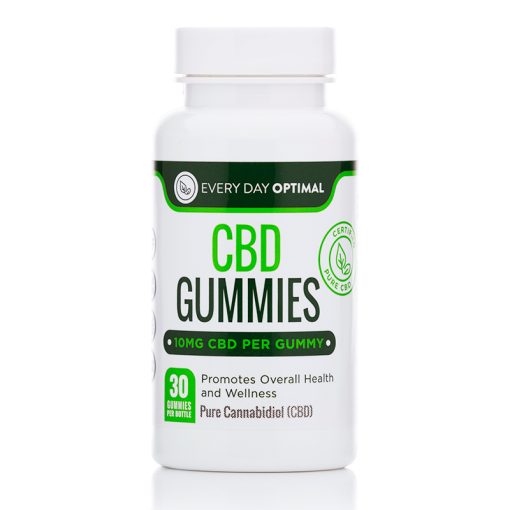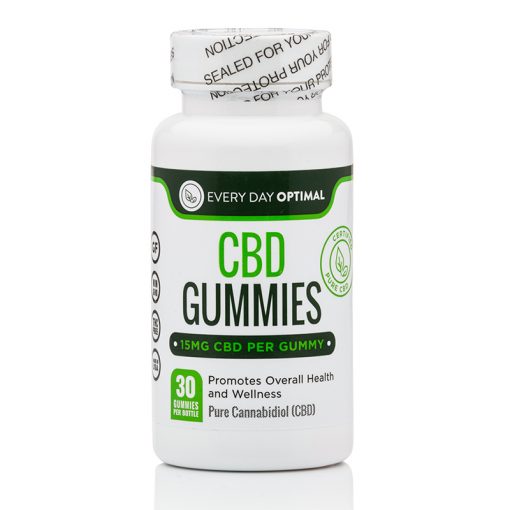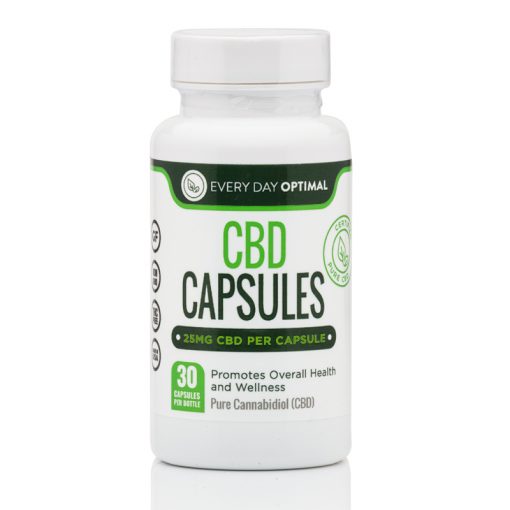No products in the cart.
Blog
The Ultimate Comparison Between CBD and Kratom
Table of Contents
On the surface, kratom and cannabidiol (CBD) seem to have a lot in common. Both are natural, plant-based drugs that are used more often for therapeutic purposes than for getting high.
And both substances have recently been the subject of much debate, scrutiny, and even smear campaigns. No wonder people are struggling with what to believe.
So what’s the truth about these two controversial substances, and how do they stack up against one another? Keep reading to find out.
What is CBD?
If you aren’t already familiar with CBD, it’s a cannabinoid – that is, a type of compound derived from cannabis – that doesn’t cause any sort of high, but instead provides a number of health benefits.
Like other cannabinoids, including THC, CBN, and CBG, CBD works with the body’s endocannabinoid system. This refers to a network of receptors involved in various physiological processes, and through its interactions with this system, CBD produces effects like pain relief, improved sleep, and reduced anxiety.
These benefits, combined with powerful anti-inflammatory, anti-bacterial, and antioxidant properties, have made CBD into a darling of the wellness world.
It seems we simply can’t get enough of it; today, you can find CBD in products as diverse as skin care, coffee, gummy bears, and pet treats.
What is Kratom?
Mitragyna speciosa, otherwise known as kratom, is a species of tree found in Southeast Asia with a long history in botanical medicine. It’s not an individual compound like CBD; rather, it’s a plant made up of many different compounds.
Among the 40+ compounds in kratom, mitragynine (MG) and 7‐hydroxymitragynine (7‐HMG) receive the most attention, as these two seem to be responsible for many of the therapeutic and psychoactive effects of kratom.
Research shows that while kratom is not an opioid, both MG and 7-HMG interact with opioid receptors, which has led to debate about kratom’s safety and potential for addiction.
CBD vs Kratom: How They’re Produced
CBD can be extracted from either hemp or marijuana, although most CBD on the market today is sourced from hemp. The extraction process usually involves solvents like butane and ethanol, or alternatively, CO2, which produces a cleaner result.
During this process, other cannabinoids, terpenes, and nutrients are extracted from the cannabis plant along with CBD. These additional substances can be removed to result in pure CBD, also called CBD isolate.
Or they can be left in place, resulting in “whole plant” CBD oil. Whole plant CBD can either be full spectrum (which contains THC) or broad spectrum CBD oil (which has no THC). CBD oil is most often enjoyed as edibles, tinctures, capsules, or vape juice.
Kratom is a plant rather than an individual extract, so production is different than CBD. Its leaves can be eaten raw or boiled, or they can be dried and ground. Most kratom available to buy today is sold as a loose powder or dried leaves.
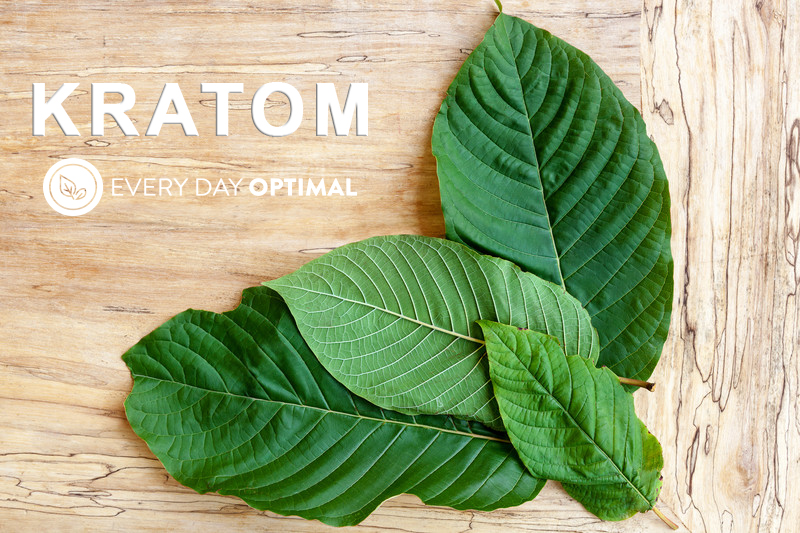
CBD vs Kratom: Legality and Psychoactive Properties
Since it can be derived from both marijuana and hemp, the legality of CBD has been heavily questioned. It’s currently legal in most US states without a prescription, as long as it’s made from hemp.
Regardless of its source, though, the CBD itself is the same and it causes no psychoactive effects, meaning it won’t get you high and has no addictive potential. However, CBD products may contain traces of THC, and at higher amounts, this can cause psychoactive effects.
On the other hand, kratom is psychoactive and habit-forming. That’s a big reason why its legal status has been on shaky ground. While kratom is currently legal in most US states – with the exception of Alabama, Arkansas, Indiana, Rhode Island, Vermont, Wisconsin, and a few specific counties – its legality is far from set in stone. The DEA tried to ban kratom once already, in 2016, but backed down after public outrage.
CBD vs Kratom: Benefits
While it offers a huge number of health benefits, CBD has become most famous for its ability to relieve different types of pain and manage the symptoms of anxiety disorders. Studies show that CBD may also be an effective anti-depressant and sleep aid. Along with these benefits, CBD has anti-inflammatory, antioxidant, antibacterial, and neuroprotective properties.
There is significantly less research available on the benefits of kratom, with most evidence being anecdotal. In an online survey by Pain News Network and the American Kratom Association, 90% of participants reported that kratom was “very effective” for relieving chronic pain, depression, anxiety, insomnia, opioid addiction and alcoholism.
Meanwhile, a 2017 review of available research found that kratom is effective for pain relief, relaxation, and boosting the immune system.
CBD vs Kratom: Side Effects
CBD is safe and non-addictive, with no maximum established dose – in other words, you can’t overdose on it. Side effects are mild and tend to be uncommon, with most people who experience side effects reporting dry mouth, headache, upset stomach, and drowsiness, especially at higher doses. However, CBD can affect how your body metabolizes some other medications.
Unlike CBD, kratom’s safety has been a topic of contention, and it appears to be at least mildly addictive. It can cause side effects ranging from nausea and dry mouth to seizures, liver damage, and psychosis, although there is limited proof of such severe effects.
At least one study points to the possibility of kratom overdose, but only at a very high dose.
Yet according to the CDC, kratom is responsible for at least 91 deaths, and many kratom products are contaminated with salmonella. While kratom supporters claim this is fear-mongering, and many of the deaths cited involved other drugs, it’s still evidence that kratom may not be as safe as once thought.
CBD vs Kratom: How to Use
Hemp derived CBD products come in many different varieties, including edibles, vape juice, tinctures, and capsules. They’re all equally effective, so pick whatever appeals to you most.
Dosing CBD can be somewhat tricky, so it’s best to start at a low dose (5-10mg) and gradually increase every few days until you feel relief.
Fresh kratom leaves can be chewed, but most kratom available in the US is dried. Dried kratom leaves can be brewed in tea, while powder can be mixed with foods like yogurt or applesauce, or dissolved in liquid. Dosing kratom requires some trial and error and can vary depending on the strain. Most recommend starting at 2-3g on an empty stomach, and then increasing if needed after 20-30 minutes.
Where to Buy Kratom and CBD
You can find both kratom and CBD easily online, but make sure you’re only buying from reputable websites to avoid fake or contaminated products. Every Day Optimal is an example of a reputable CBD vendor, with products made only from high-quality industrial hemp, all free of pesticides, herbicides, and THC. Published 3rd party lab results are a good way to identify trustworthy vendors.
CBD and Kratom: Final Thoughts
In conclusion, while many people find kratom beneficial, research is still limited on its effectiveness and safety. What we do know is that while it may be effective for pain relief and other issues, it’s also addictive and potentially dangerous. CBD not only has plenty of proven health benefits, but it’s also safe, non-addictive, and with few risks, making it the stronger of the two – at least for now.
Ready to try CBD for yourself? Every Day Optimal offers a wide range of THC-free CBD products, including tinctures, capsules, gummies, and more.
FAQ on Kratom vs CBD
Are Kratom and CBD The Same Thing?
No, kratom and CBD are very different. CBD is a substance derived from the cannabis plant. Kratom, or Mitragyna speciosa, is a species of tree.
Does Kratom Help Neuropathy?
Maybe. There are currently no studies supporting kratom for neuropathy, but there is some anecdotal evidence that it can be effective for neuropathic pain and diabetic neuropathy.
Can Kratom Make You Fail a Drug Test?
Maybe. While kratom doesn’t show up on most drug tests, there are certain drug tests that can test for kratom. There are also some alkaloids in kratom that may be detectable on a drug test.
What States Have Banned Kratom?
Kratom is currently banned in Alabama, Arkansas, Indiana, Rhode Island, Vermont, and Wisconsin, along with certain cities and counties in other states.

